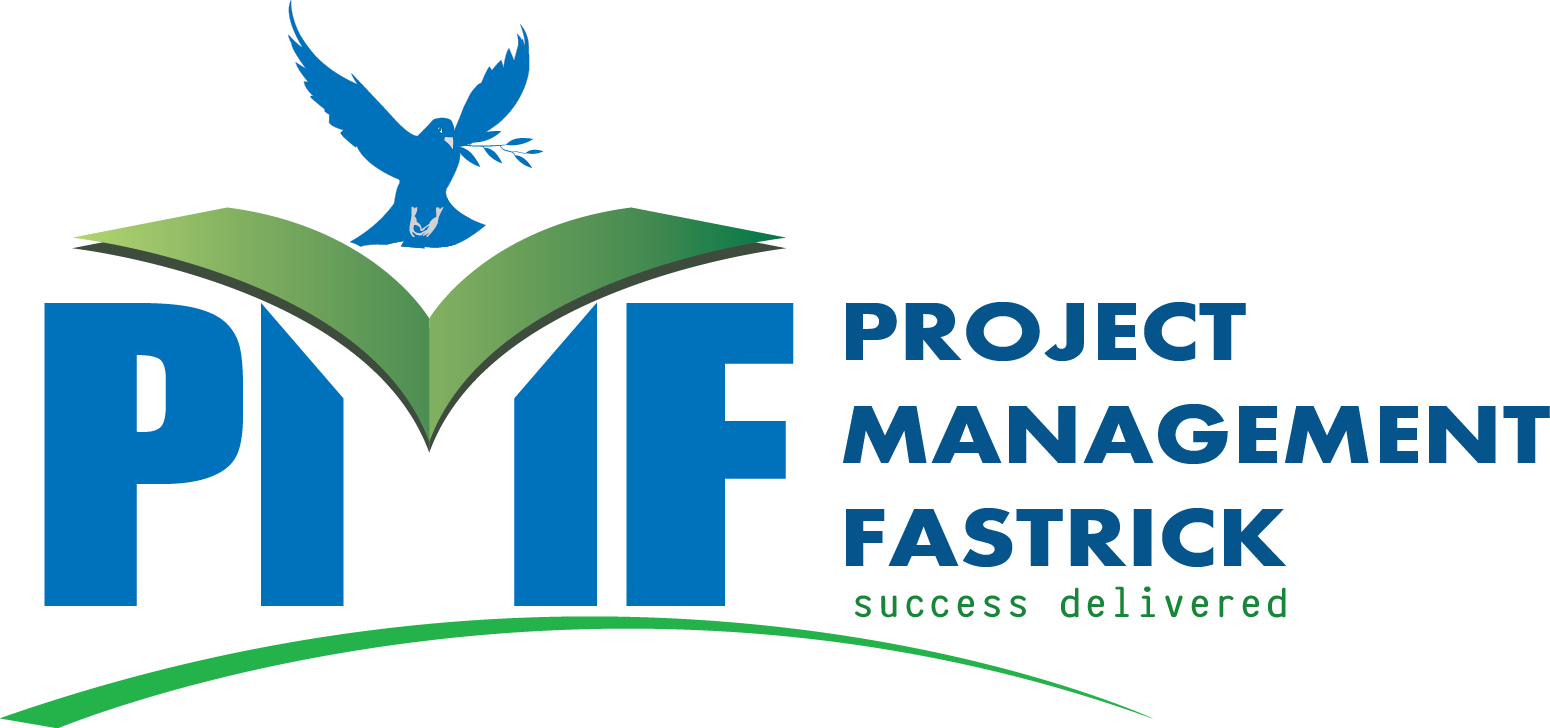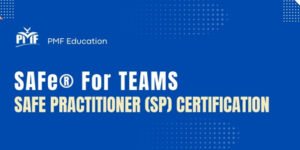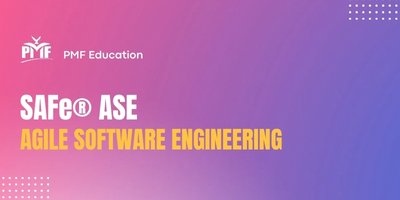SAFe 6.0 Agile Software Engineering Certification Training
Agile software engineering is an essential discipline in today’s fast-paced and dynamic software development industry. To excel in Agile software engineering, professionals can undergo Agile Software Engineering Certification Training.
Overview
COURSE DESCRIPTION
Agile software engineering is an essential discipline in today’s fast-paced and dynamic software development industry. Agile practices and methodologies have gained significant traction, emphasizing iterative and collaborative approaches to software development.
CERTIFICATION
To excel in Agile software engineering, professionals can undergo Agile Software Engineering Certification Training. In this article, we will explore the learning outcomes and details of Agile Software Engineering Certification Training.
LEARNING OUTCOMES
- Understanding Agile Principles: Agile Software Engineering Certification Training provides a comprehensive understanding of Agile principles and values. Participants will learn how Agile methodologies promote adaptability, collaboration, and customer-centricity in software development.
- Agile Software Development Practices: Participants will gain insights into various Agile software development practices such as iterative development, continuous integration, test-driven development, and refactoring. They will understand how these practices enable teams to deliver high-quality software products in a dynamic environment.
- Agile Requirements Management: Effective requirements management is crucial in Agile software engineering. Participants will learn techniques for capturing and prioritizing requirements, creating user stories, and managing product backlogs. They will understand how to collaborate with stakeholders to ensure that requirements are effectively translated into actionable development tasks.
- Agile Estimation and Planning: Agile projects require accurate estimation and planning to deliver software incrementally. Participants will learn Agile estimation techniques, including story point estimation and planning poker. They will understand how to create release plans, iteration plans, and conduct effective sprint planning sessions.
- Agile Testing: Testing is an integral part of Agile software engineering. Participants will learn Agile testing practices such as test-driven development, behavior-driven development, and acceptance test-driven development. They will understand how to create effective test plans, execute tests, and ensure the quality of the software throughout the development lifecycle.
- Continuous Integration and Deployment: Continuous integration and deployment enable teams to deliver software frequently and reliably. Participants will learn about tools and practices for continuous integration, automated builds, and deployment pipelines. They will understand how to ensure the integrity and stability of the software through continuous integration and automated testing.
- Collaborative Development and Team Dynamics: Agile software engineering emphasizes collaboration and self-organizing teams. Participants will learn techniques for effective collaboration, including pair programming, code reviews, and retrospectives. They will understand how to foster a collaborative and high-performing team culture in Agile software development projects.
- Agile Metrics and Monitoring: Agile Software Engineering Certification Training covers Agile metrics and monitoring techniques to track project progress, identify bottlenecks, and make data-driven decisions. Participants will learn how to measure velocity, cycle time, and other key performance indicators to assess team performance and improve project outcomes.
- DevOps and Continuous Delivery: Participants will gain insights into DevOps principles and practices and their integration with Agile software engineering. They will understand how to automate build, test, and deployment processes to enable continuous delivery of software.
- Agile Project Management: Agile Software Engineering Certification Training provides an understanding of Agile project management principles and frameworks such as Scrum or Kanban. Participants will learn how to collaborate with Agile project managers, product owners, and stakeholders to ensure successful project delivery.
Details of Agile Software Engineering Certification Training:
- Duration: Agile Software Engineering Certification Training typically ranges from 2 to 5 days, depending on the depth of coverage and the training provider.
- Delivery Format: Training programs can be conducted in-person, online, or through a blended approach.
- Certification Exam: Participants may be required to pass a certification exam at the end of the training to earn their Agile Software Engineering certification. The exam usually assesses the participant’s understanding of Agile software engineering principles, practices, and techniques.
By completing Agile Software Engineering Certification Training, professionals can enhance their skills and knowledge in Agile software development. They will be equipped with the tools and techniques necessary to excel in Agile projects, contribute to high-performing software development teams, and deliver valuable software products in today’s rapidly changing market.










